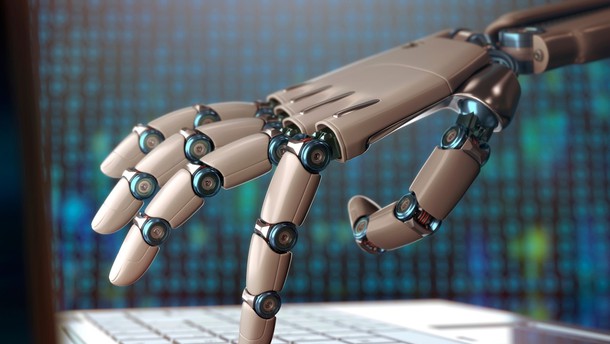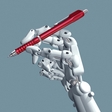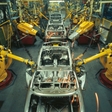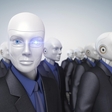

According to the article ''Four fundamentals of workplace automation'' written by Michael Chui, James Manyika and Mehdi Miremadi for McKinsey & Company, in the short run humanity can expect most jobs to be ''redefined rather than eliminated" by automated processes.
In the article, authors discussed what the future holds for jobs that are today performed by humans, but could or will easily be replaced by artificial intelligence and advanced robotics in the not so distant future.
Still, authors believe the future not to be as gloomy as some predict. "Very few occupations will be automated in their entirety in the near or medium term. Rather, certain activities are more likely to be automated, requiring entire business processes to be transformed, and jobs performed by people to be redefined, much like the bank teller's job was redefined with the advent of ATMs."
Here's a quick look at some of the numbers they provided, based on their research (data was gathered for the US labor market). The research included 2,000 individual work activities for more than 800 occupations. They pinpointed specific requirements for each of these activities and compared them against 18 capabilities that could be automated in the future. They concluded that 45 percent of work activities could no longer require humans to perform them, providing the currently known technology would be used to automate working processes. With improved technology, the percent would be even higher.
Furthermore, researchers established that "fewer than 5 percent of occupations can be entirely automated using current technology. However, about 60 percent of occupations could have 30 percent or more of their constituent activities automated." In short, automation will most likely influence the way we define certain occupations by redefining and transform them.
While robots, AI and advanced technology can indeed help automate a lot of work processes, it is still next to imopssible or at least extremely difficult to employ artificial creativity and emotion, because these are one of those things that are distinctively human. Turning out to be the most susceptible to automation, are sectors such as manufacturing, food service, accommodations, and retailing, where the processes are the most predictable.
For more information and detailed results, visit McKinsey here and here.


